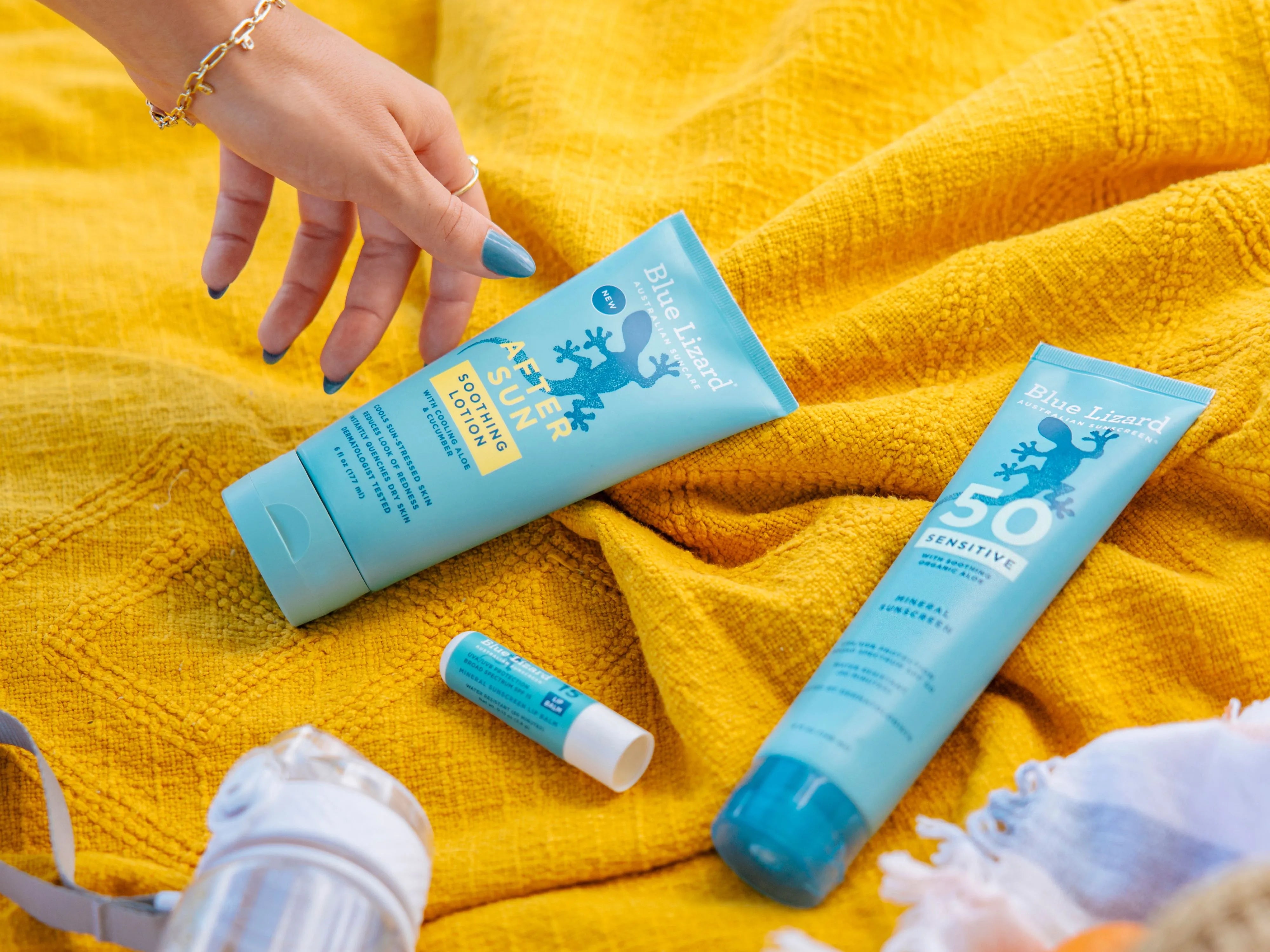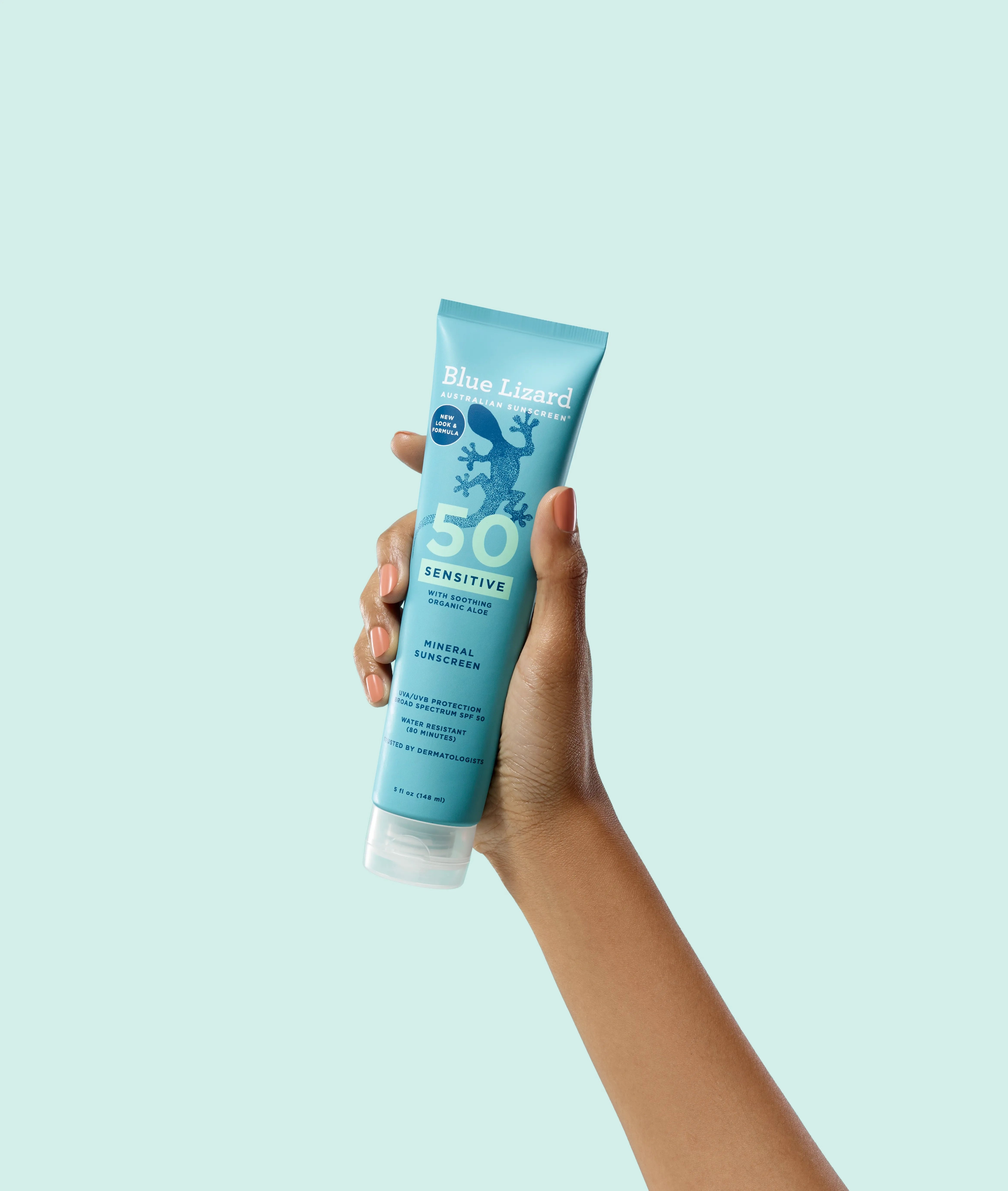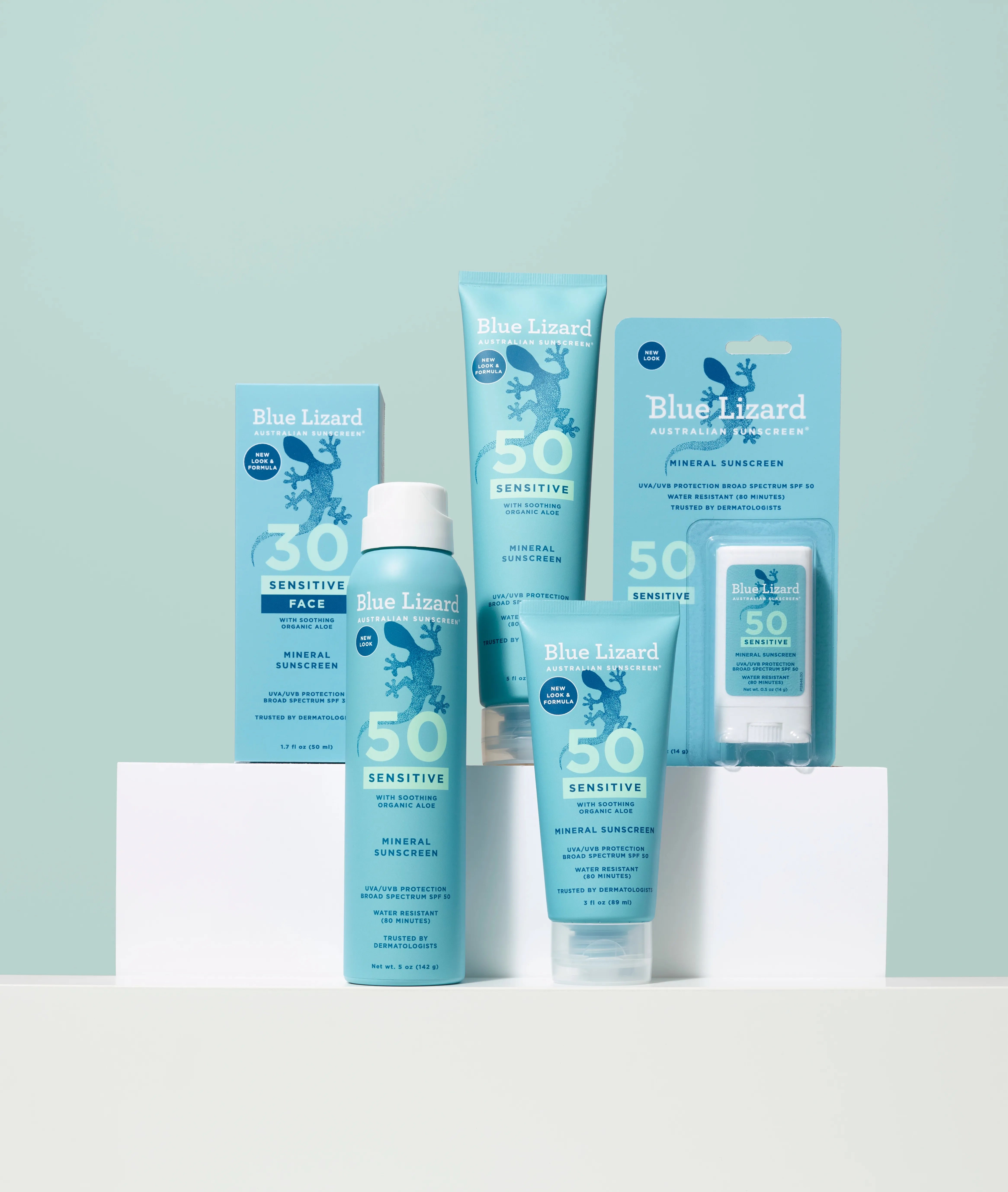Your skin is your largest organ, and it is also your most vulnerable. It’s exposed to whatever the season throws at it, be it rain, snow, heat or sub-freezing temperatures. That's why it’s important to create a skin care routine that protects your skin year round.
Healthy skin is brighter and looks younger. Taking care of your skin can give you an extra boost of confidence. Building a good skin care routine with the right products is the first step to maintaining healthy skin.
Below are the top skin care products we believe everyone should keep on hand year round.
Wash your face
If you are one of the millions who have oily skin, you already know how important a daily cleanser can be. You may be resistant to fine lines and wrinkles, but the abundance of oil produced by your skin can worsen acne breakouts or make them more frequent.
Acne isn’t something that gets better if you ignore it. Stories of letting acne “run its course” are inaccurate. Because of acne’s nature, ignoring it only compounds the problem.
Dead skin cells cause most breakouts; they get trapped inside a pore, which causes the pore to become inflamed. A small breakout can become severe and lead to infection if allowed to “run its course”.
The AAD recommends using an over-the-counter acne wash made with benzoyl peroxide, salicylic acid or sulfur. Here’s the breakdown of what each of these ingredients does:
Benzoyl peroxide: Kills bacteria that cause acne
Salicylic acid (a.k.a. Beta Hydroxy Acid): Helps remove the outer layer of skin
Sulfur: Suppresses bacteria that cause acne
The AAD notes that benzoyl peroxide and salicylic acid can be used separately or together to help fight acne.
Benzoyl peroxide washes come in a range of concentrations from about 2 percent up to 10 percent. The higher the concentration, the more benzoyl peroxide in the formula.
The concentration that you need depends on how severe your acne is and how often you use it. A product with a lower concentration of benzoyl peroxide, like PanOxyl 4% Daily Control, is best for mild acne. If your acne is severe or if you are prone to unmanageable breakouts, something like PanOxyl 10% Maximum Strength may be able to tackle your acne faster and keep your skin clearer with less frequent washing.
Keep your skin type in mind when using acne cleansers. Higher concentrations of benzoyl peroxide are more likely to dry your skin out or irritate sensitive skin, especially when used in conjunction with salicylic acid products. To counter this, you can use a moisturizer daily and ensure your other skincare products have moisturizing ingredients (like using a sunscreen with hyaluronic acid).
Moisturize, moisturize, moisturize
If you aren’t using a daily moisturizer, you’re keeping your skin from looking and feeling its best. Not only does moisturizing keep your skin looking healthy, it can eliminate dry skin and help reduce the appearance of fine lines and wrinkles.
Moisturizers help keep your skin hydrated by providing extra moisture for dry skin and by preventing existing moisture from leaving your skin. Many use ingredients like vitamin E, hyaluronic acid and aloe for natural hydration.
Using a moisturizer is an easy way to keep your skin hydrated as part of a daily routine. Dermatologists recommend moisturizing as often as you brush your teeth: once in the morning and again before you go to bed.
Moisturizers like Keri Daily Moisture work best when applied as soon as you get out of the shower. While it’s best to apply twice a day, Keri provides continuous moisturization that can last all day long.
Protect your skin from the sun
Any amount of time spent under the sun is enough for lasting or permanent damage to affect your skin. Going without sunscreen can lead to more than just sunburns. Unprotected sun exposure is one of the leading causes of skin cancers like melanoma.
Sunscreens work by preventing UV rays from damaging your skin. However, not all sunscreens work the same way.
Chemical sunscreens protect your skin by absorbing UV rays and converting them into heat. This requires the sunscreen, and the chemicals inside the sunscreen, to absorb into your skin.
On the other hand, mineral sunscreens use Titanium Dioxide or Zinc Oxide to deflect UV rays away from your body. Unlike chemical sunscreens, mineral sunscreens stay on the surface of your skin, making them less likely to cause irritation.
The chemicals used in many popular sunscreens can irritate sensitive skin. Dermatologists suggest using an SPF 30+ broad spectrum mineral sunscreen like Blue Lizard Sensitive.
Bonus Tip: Soothe the itch
An anti-itch lotion may not be something you reach for every day, but you’ll be glad you have it when you’re dealing with an itch that won't go away.
An itch is your body’s natural response to the irritation of skin or nerve cells. This irritation could be anything from a bug bite, a reaction to a plant like poison ivy or poison sumac, sunburn or just general dry skin. Scratching an itch can make the sensation go away, but the relief is usually temporary. Scratching also poses the risk of breaking your skin's surface, introducing bacteria to already-irritated skin.
A safer way to get rid of an itch is by using a topical anti-itch lotion. Non-steroidal lotions, like Sarna Anti-Itch lotion, are available over the counter and use ingredients like camphor and menthol to provide temporary relief from itch, which is often enough to keep you from scratching long enough for your skin to heal. Since these lotions are steroid-free, they are safe for daily use (although, you should still read the label and ask a doctor if your itch lasts more than seven days).
Be Consistent
Happy and healthy skin starts with you. You may not be able to control how the day treats your skin, but a skincare routine can make sure that your skin is ready for whatever the day throws at it.








